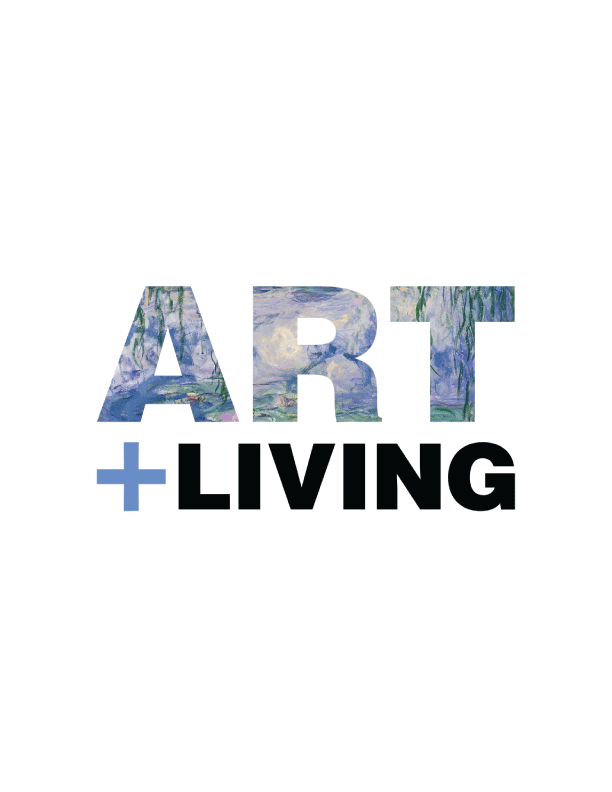Mayor Kang Un Tae

MAYOR
K A N G U N TA E
POSITIONS GWANGJU METROPOLITAN CITY TO BE SOUTH KOREA’S UNDISPUTED CULTURAL HUB
BY BONNIE CHU
Gwangju Metropolitan City is the sixth largest urban area in South Korea with a population of over 1.4 million people. The city’s name means “light” and “province.” with a legendary history steeped in art and culture. Mayor Kang Un Tae has grand visions of turning Gwangju not only into South Korea’s cultural hub but also into serving as a shining light for the world. He has two major strategies in place to create a happy city in which creativity and the human spirit can shine around the pillars of Art and Culture.
While talking about his hopes for his city, the Mayor took some time to pay homage to the past. Gwangju Metropolitan City, along with the nation of South Korea, has had a history of hardship whether during the 1980 Democratic Uprising that took place in Gwangju or during periods of difficulty with other nations. Despite all that it has endured, both city and nation not only have pulled themselves up but found ways to thrive in the 21st century.
In this way, Mayor Kang thinks South Korea can be a model for other countries currently in turmoil. His hope is that when they look at South Korea, they don’t see a small country in Asia but, rather, a nation with a history of hardship that has recently turned itself into a successful one by changing with the times and the rest of the world. He hopes South Korea’s success might encourage all countries currently experiencing similar challenges to ask, “Why can’t we do that, too?”
In Asia, the commonly held mentality is that intellectual strength is all you need to be successful. Mayor Kang knows this isn’t enough. In order to truly succeed, both intellect and the human spirit are necessary. The human spirit manifests best through art and culture. He believes that people, not just their brains, are the true asset, so it is people in whom he will invest heavily for the sake of the future.
There has always been a sense of activism for support of the arts in the city but only recently has it truly come into its own thanks to strong government support. Gwangju Metropolitan City is a place where individuals who are both intellectually and artistically inclined can thrive and fully explore their talents.
Mayor Kang has two projects he is working on to turn his vision of Gwangju into reality. The first is an initiative by which Gwangju can develop art and entertainment into a viable platform with huge funding and strong sup- port for gaming and film industry sectors. In these environments, talented individuals are encouraged to develop and grow their skills. Mayor Kang knows there are so many people across Asia blessed with incredible talent and groundbreaking creative vision. He envisions Gwangju as a space in which these individuals with different artistic concepts can develop and apply innovative new techniques to their art and then share this wealth with the world.
With their passion, these talented artists have given the city a viable infrastructure based upon the arts. Mayor Kang knows that, for the city to move forward, it is crucial to seize upon the opportunity as it presents itself and to encourage it to grow. The timing is perfect and the resources are in place for the second project destined to complete Gwangju Metropolitan City’s metamorphosis into South Korea’s and Asia’s cultural hub.
This second project is the new art and entertainment center. Architect Kyu Sung Woo, based in Cambridge, Massachusetts, is the designer of the Asian Culture Complex. Set in downtown Gwangju, the site of the nation’s historic pro-democracy rallies, the complex celebrates the union of architecture with both perform- ing arts and the visual arts. His innovative use of materials and their juxtaposition with natural light creates a visceral and literal connection between nature and one’s sense of the spiritual.
This center will encompass miles of brand new buildings for artists and creative visionaries to come together. It is currently scheduled for completion in 2013 and will showcase Asia’s art and culture for the world to see.
One section of the center was unveiled this year and boasts the world’ most advanced 3D studio, Studio e. This particular studio is designed to convert Hollywood and the world’s 2D film into 3D with new advanced technology from Beverly Hills based Innovative Advanced Media Technology (IAMT)
Mayor Kang’s excitement is contagious when he talks about this new partnership. IAMT has successfully developed advanced technology that converts 2D im- ages into 3D.
Kang is also very proud of the Gwangju Biennale Festival. This Festival is an internationally re- nowned modern art festival that is held every two years and features Asian art. Mayor Kang’s love for his city is palpable when you lis- ten to him talk about his city and his dreams for it.
Mayor Kang understands how both art and culture bring so much joy, happiness, a sense of fulfillment and satisfaction to people not just in his city or the nation of South Korea. He knows the power of both lies within in its ability to extend itself beyond the borders of a country and travel around the world while sustaining and enriching the lives of all those who encounter it.
Gwangju Metropolitan City lived up to its reputation for democ- racy during the rallies in 1980. Today, this city will shine once again by serving double duty as both a brilliant beacon for art and culture as well being the light in the dark for other nations who are searching for a successful model to follow.


